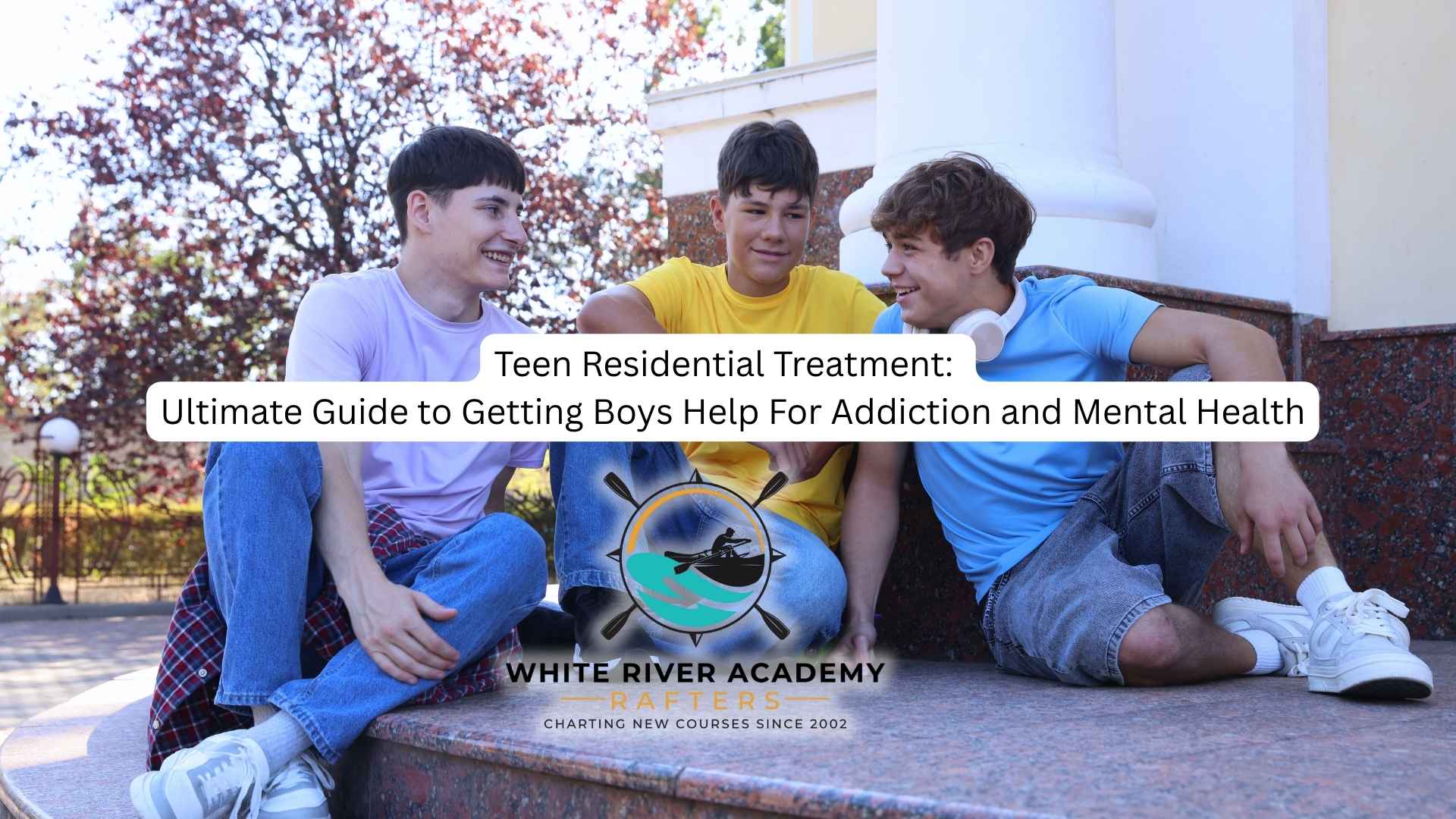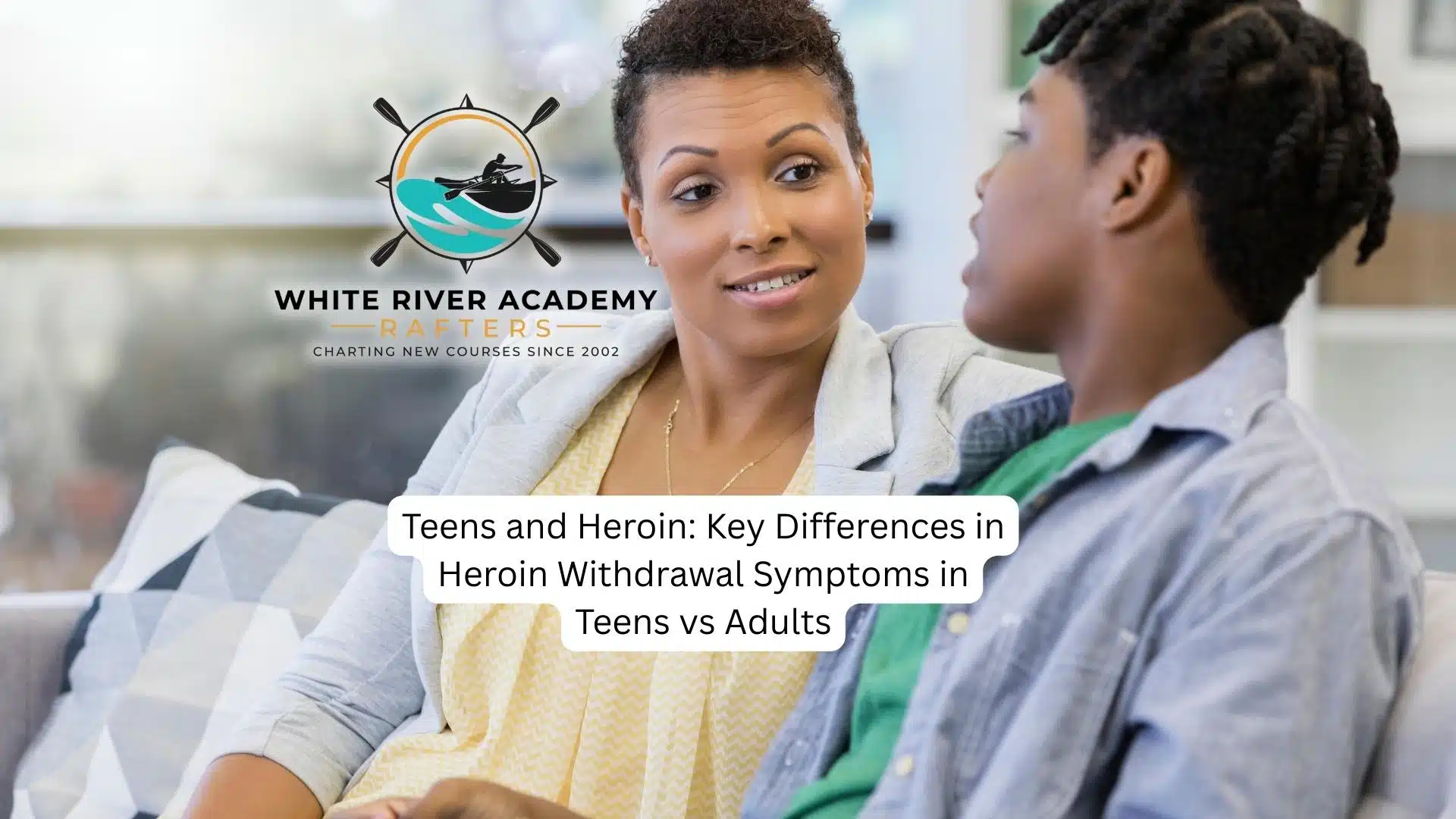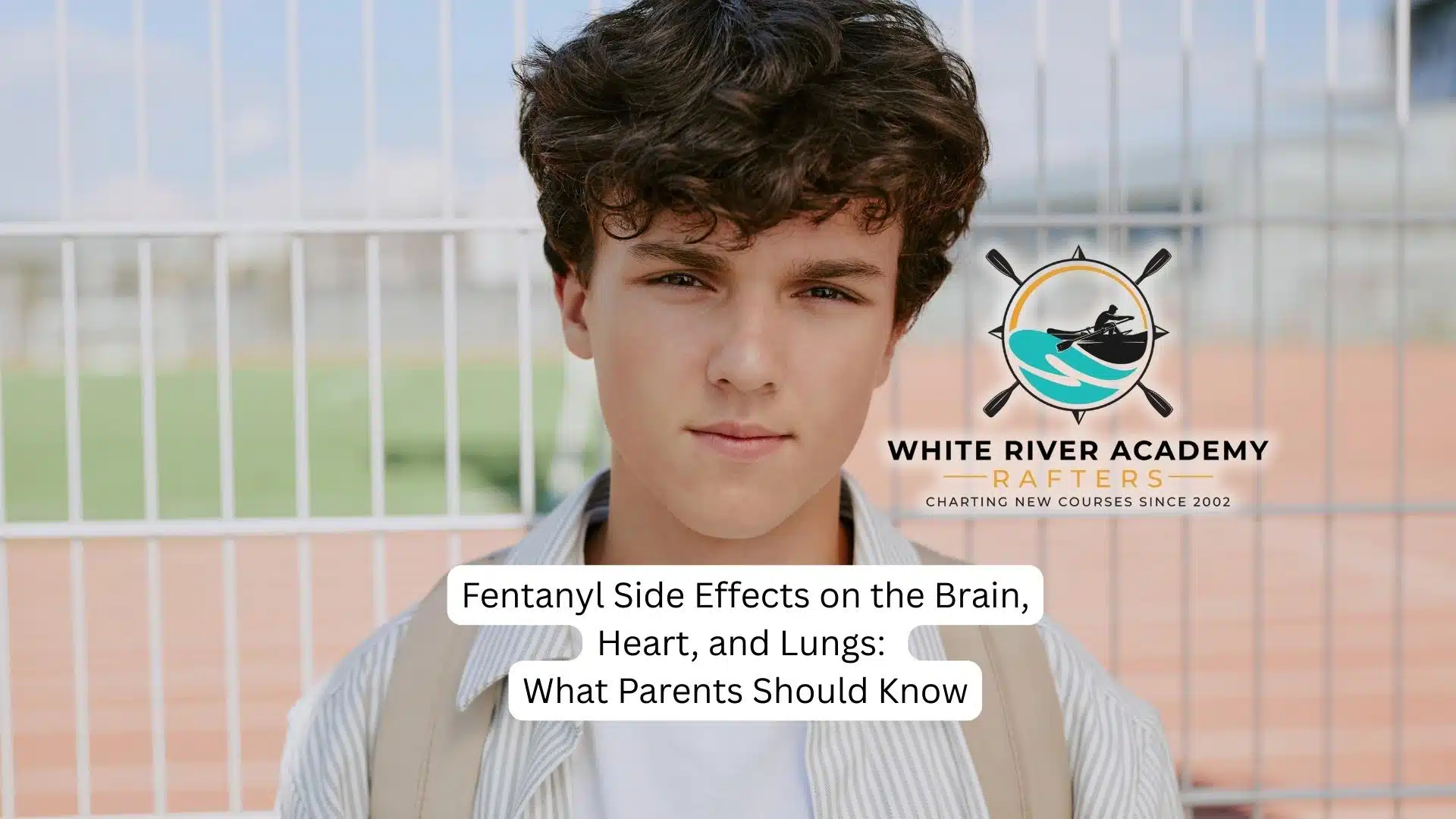Sex addiction, also known as hypersexual disorder, is a condition characterized by an overwhelming preoccupation with sexual thoughts, urges, or behaviors that significantly disrupt daily functioning and relationships. This condition is not simply about high sexual desire, as it is marked by compulsivity, loss of control, and negative consequences in personal and professional life.
Understanding how sex addiction affects relationships is critical for recognizing the warning signs, addressing underlying issues, and seeking appropriate support or treatment.
Emotional Toll and Betrayal Trauma
Teenagers grappling with sex addiction often experience intense feelings of shame, guilt, and self-loathing, which can have a significant impact on their self-esteem and ability to form healthy relationships.
For partners of teenagers struggling with sex addiction, discovering compulsive sexual behaviors can trigger symptoms similar to PTSD, known as betrayal trauma. This trauma can manifest as shock, confusion, depression, and anger, severely damaging trust and intimacy within the relationship.
The cycle of addiction and relapse can reinforce feelings of betrayal, making it extremely challenging for both the addicted teenager and their partner to heal and move forward. The isolation and shame associated with sex addiction may prevent teenagers from seeking help, further exacerbating the emotional toll and potentially leading to long-term psychological consequences.
The profound emotional impact of sex addiction on partners and families as a whole underscores the necessity for open communication and accountability in the healing process. The betrayal creates emotional barriers, making genuine intimacy difficult or impossible until addressed through counseling or therapy, such as sex addiction treatment.
Communication Breakdown and Mistrust
Secrecy around addictive behaviors creates significant communication barriers, fostering mistrust and unresolved resentment within both romantic and family relationships. Adolescent boys may feel hesitant to discuss their emotions openly, fearing negative outcomes, judgment, or potential conflicts. This emotional distancing intensifies misunderstandings and feelings of shame and guilt, complicating the relationship further.
Addressing these issues involves creating safe spaces for open dialogue, facilitated by therapeutic support, allowing young adult boys and their support systems to express themselves freely and begin restoring trust through mutual understanding and empathy.
Increased Risk of Infidelity and Disease Transmission
Betrayal and health risks emerge as significant consequences of sex addiction, amplifying the strain on relationships already burdened by communication breakdowns and mistrust. The compulsive nature of sex addiction frequently leads to infidelity, with an estimated 40% of addicts engaging in extramarital affairs. This repeated betrayal erodes the foundation of trust essential for healthy relationships.
The pursuit of sexual gratification often involves risky behaviors, increasing the likelihood of exposure to sexually transmitted infections. Sex addicts may neglect safe sex practices, further elevating the risk of disease transmission to their partners. The emotional and physical fallout from infidelity and potential health complications necessitates comprehensive support, including therapy, to navigate the complex aftermath of sexual addiction within relationships.
Challenges in Maintaining Intimacy and Connection
The addicted individual’s focus on sexual activity often supersedes the importance of building emotional closeness, leaving partners feeling isolated and rejected.
Consequently, partners of sex addicts frequently grapple with low self-esteem and insecurity regarding their sexual worthiness, intensifying anxiety and further diminishing intimacy. The non-addicted partner may withdraw from physical affection due to feelings of betrayal or fear of objectification, creating additional strain on the relationship.
Specialized therapy becomes crucial for couples affected by sex addiction, concentrating on rebuilding trust and establishing healthy relational dynamics to effectively restore the intimate connection that has been compromised.
Seeking Help and Rebuilding the Relationship
Addressing sex addiction requires a multifaceted approach that includes individual therapy, family counseling, and sometimes group support. Cognitive-behavioral therapy (CBT) is one common method used to help individuals identify and change destructive thought patterns and behaviors.
Therapy sessions often focus on developing strategies for addressing triggers, setting boundaries, and re-establishing emotional intimacy. Recovery is a gradual process, and setbacks are common. However, with sustained effort, a combination of professional guidance and personal commitment, relationships can evolve to become more resilient and supportive.
Final Thoughts from White River Academy
Sex addiction significantly disrupts relationships by undermining trust, communication, and intimacy. Recognizing the symptoms early and pursuing professional help can make a profound difference in recovery and relationship healing. White River Academy advocates for evidence-based treatment approaches and ongoing support, ensuring that adolescent boys and their families affected by sex addiction have access to reliable resources and expertise.




